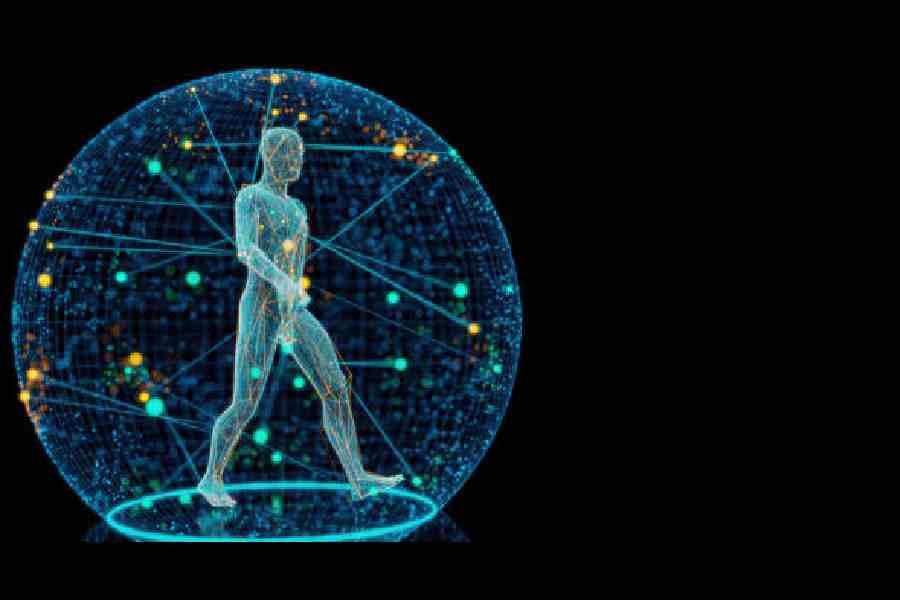Monday, March 25th 2024
In 1889, French doctor Francois-Gilbert Viault discovered the human body's ability to produce more red blood cells on demand. Scientists theorised about the hormone erythropoietin in the early 1900s, later found in urine after decades. Israeli biologists identified Norn cells in the kidney, responsive to low oxygen levels. Stanford University researchers programmed computers to learn biology independently, leading to the discovery of Norn cells and advancements in understanding cell development.
Drug-Resistant Bacteria Stymied by AI-Designed Antibiotics
Stanford and McMaster University researchers developed an AI model for designing molecules targeting Acinetobacter baumannii. They synthesized six novel molecules with antibacterial activity against A. baumannii and other pathogens. This study advances generative AI for antibiotic discovery. The ESKAPE pathogens pose a global threat due to antibiotic resistance. A. baumannii, a priority pathogen, requires new antibiotics urgently. The researchers created SyntheMol, combining property prediction models and generative AI for antibiotic development.
Archaeologists find ‘Gates Of Hell' in Saudi Arabia
Archaeologists discover evidence of early human activity in the inhospitable Harrat Khaybar region of Saudi Arabia, filled with volcanic activity.
The site contains thousands of 4,000 to 7,000-year-old structures, including 'mustatil' rectangles, with unclear purposes.
Despite the harsh conditions, the area was once greener, supporting significant populations and herds.
Researchers believe the findings could reshape perceptions of the Middle East's history, with potential ritualistic purposes for the structures.

Analyse
Science is a never-ending novel. I have learned to breathe, to write with AI, to marvel at ruins or technological discoveries. These articles speak of discoveries, innovations, mysteries. They remind me that reality is more dramatic than fiction, and that our understanding of the world is constantly evolving. The Norn cells, antibiotics designed by AI, the Gates of Hell in Saudi Arabia, all of this proves that we live in a novel, where each new discovery is a plot twist.
Technology, whether used to understand our biology or to combat resistant bacteria, fascinates and frightens me. It brings me back to my experience with AI in writing, to that feeling of being both master and student. AI, capable of designing molecules or deciphering our physiology, shows me that we are entering an era where man and machine co-create the future. But, as in my reflections on writing and technology, I question the boundary between the tool and the creator.
Lastly, the exploration of ancient sites, where history blends with legend, reminds me of my travels and the importance of imagination in understanding our past. The Gates of Hell are not so different from the ruins that have inspired me, places that awaken buried stories within us. Every discovery, every innovation, every mystery solved or posed, invites us to reflect on our place in the universe, on our relationship to the past, present, and future. The magic lies not in reclaiming lost time, but in awakening the imagination to converse with the ghosts of history and science.
Generation cost: 11384 tokens/0.07$